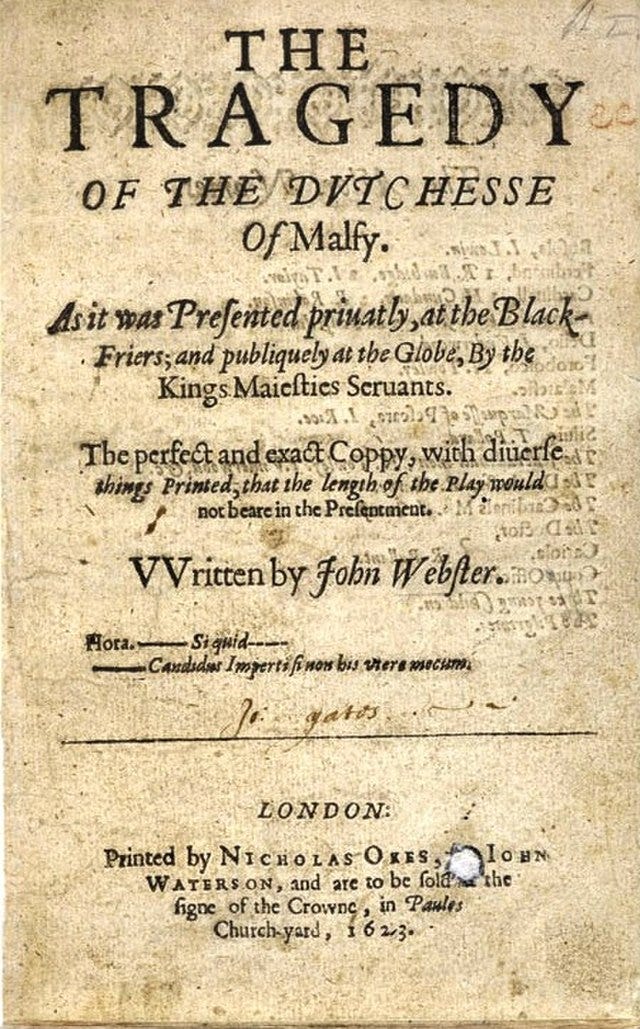Victims and Heroines: The Interplay of Strength and Vulnerability in Webster and Rossetti
How do heroism and victimhood intersect in John Webster’s The Duchess of Malfi and Christina Rossetti’s poetry?
In both John Webster’s The Duchess of Malfi and Christina Rossetti’s poetry, the boundaries between heroine and victim blur, revealing a nuanced portrayal of women who embody both strength and vulnerability. The Duchess of Malfi defies societal expectations of class and gender, asserting her autonomy and positioning herself as a heroine. Yet, her eventual tragic downfall at the hands of her brothers exposes her as a victim of patriarchal oppression. Similarly, the female voices in Rossetti’s poetry wrestle with themes of death, longing, and the fleeting nature of worldly pleasures, rendering them victims of life’s impermanence. However, these women also assert their agency, rejecting societal pressures and material temptations, as seen in No, Thank You, John and Maude Clare. Through these figures, Rossetti explores the tension between submission and defiance, illustrating how her characters navigate and resist the constraints of their social environments. Both Webster and Rossetti thus present a complex interplay between victimhood and heroism, ultimately revealing how women’s experiences of oppression can coalesce with moments of personal triumph.
Title page of The Duchess of Malfi, 1623
Victims or heroines of the world?
In Christina Rossetti’s poetry, her speakers often emerge as a heroines by rejecting hedonistic temptations and worldly influences, particularly in their refusals of marriage in poems like No, Thank You, John and Maude Clare. Her exclusion of a male speaking voice emphasises her assertion of female strength and autonomy. As Simon Avery notes, Rossetti’s ‘uncompromising’ stance reflects a nuanced understanding of gender dynamics, though her approach is subtle rather than overtly feminist. Virginia Woolf famously described Rossetti’s work as a “complex song,” capturing the delicate balance between simplicity and depth that defines her poetry. By resisting conformity to Victorian social norms and adhering to Christian principles, Rossetti echoes Romans 12:2: “Do not be conformed to the pattern of this world,” demonstrating her commitment to spiritual integrity over worldly desires, whilst upholding a strong sense of church hierarchy. In contrast, the Duchess in John Webster’s play embodies heroic qualities by defying patriarchal constraints, particularly in marrying against her brothers’ wishes. Her decision challenges the Catholic orthodoxy that seeks to “cage [her] up like a holy relic,” used by her brothers to exert control. This defiance critiques the oppressive societal and religious limitations of 16th-century Italy. The Duchess’ resilience in the face of familial and societal pressure offers a broader commentary on dysfunctional family dynamics and the misuse of religion as a tool of oppression.
Keep reading with a 7-day free trial
Subscribe to The Oxford Reeder to keep reading this post and get 7 days of free access to the full post archives.





